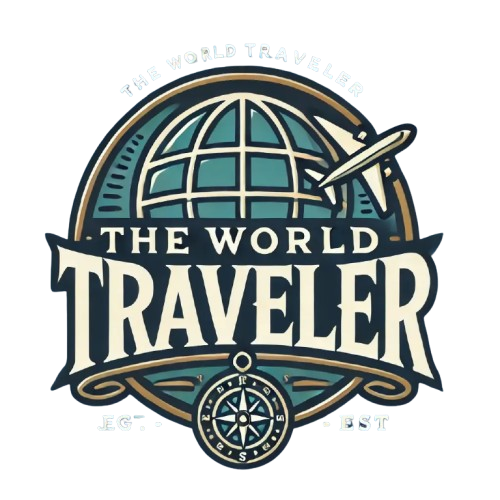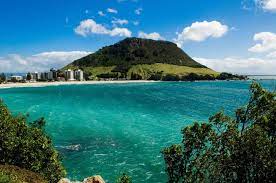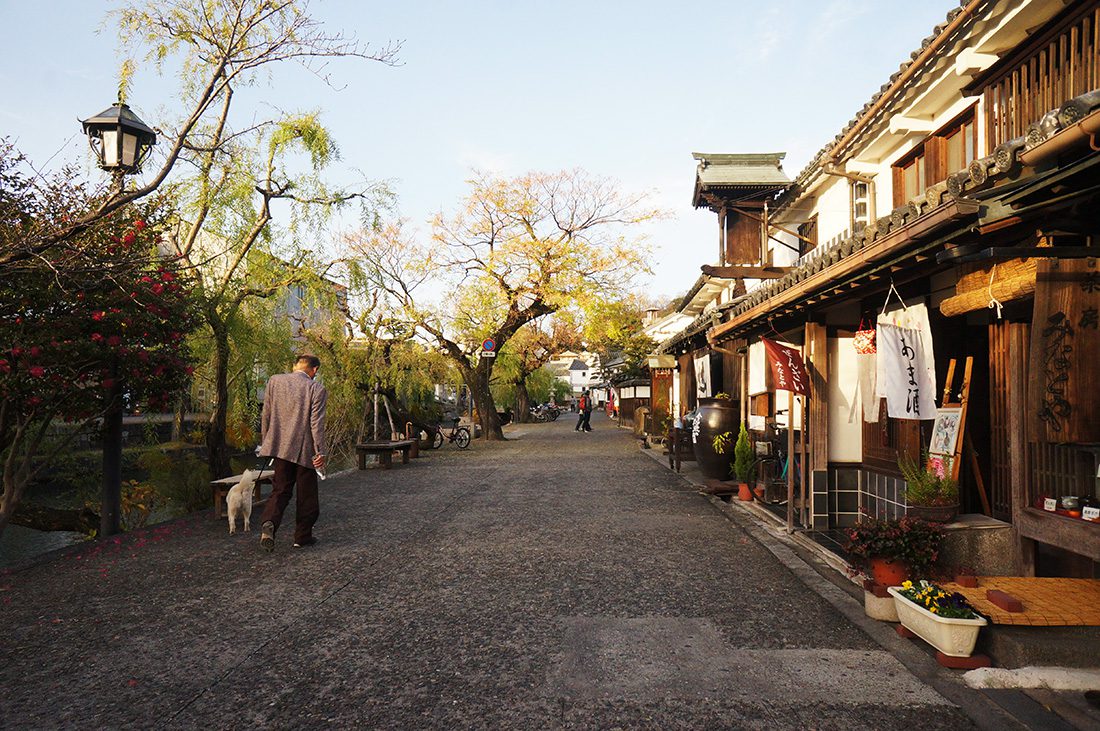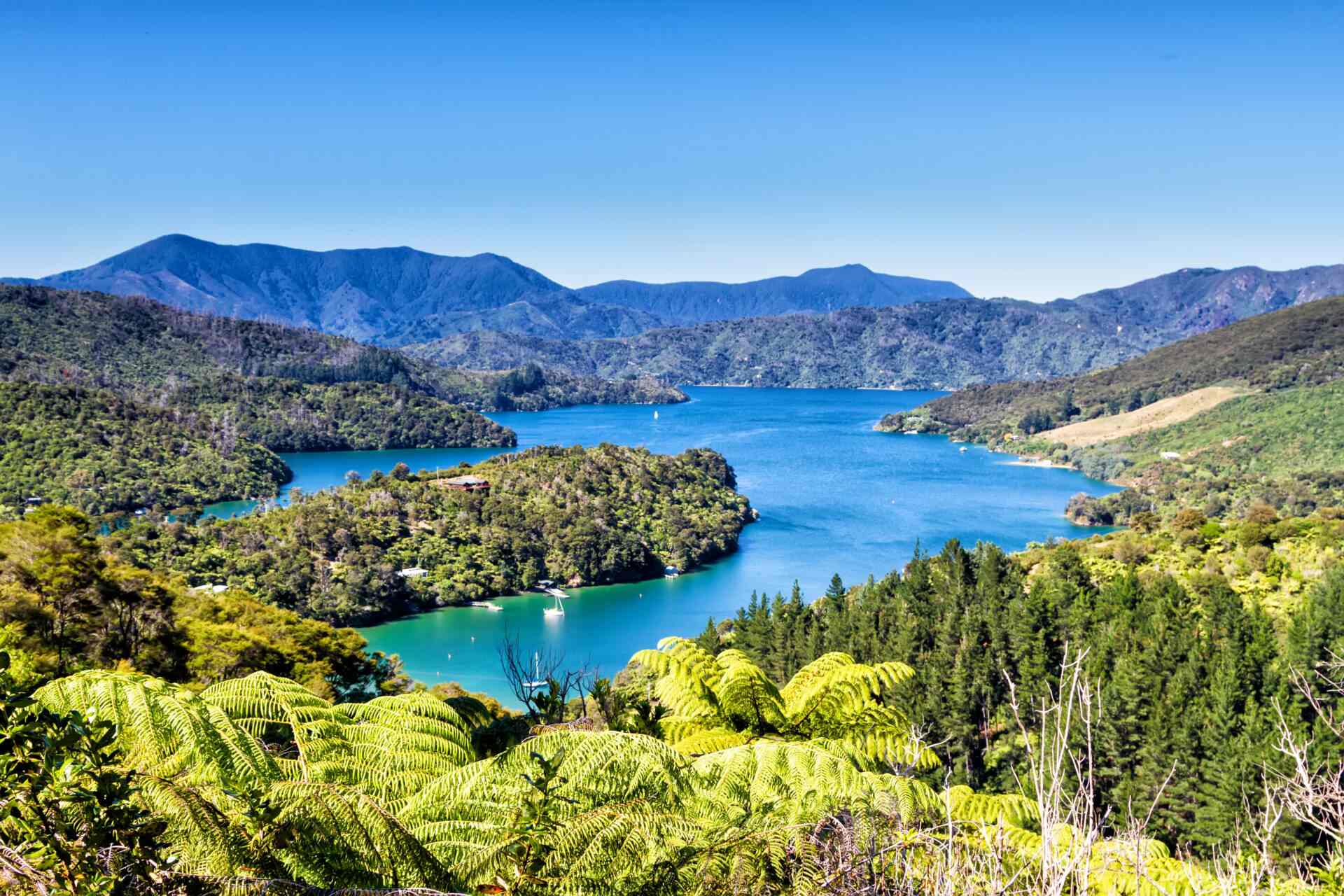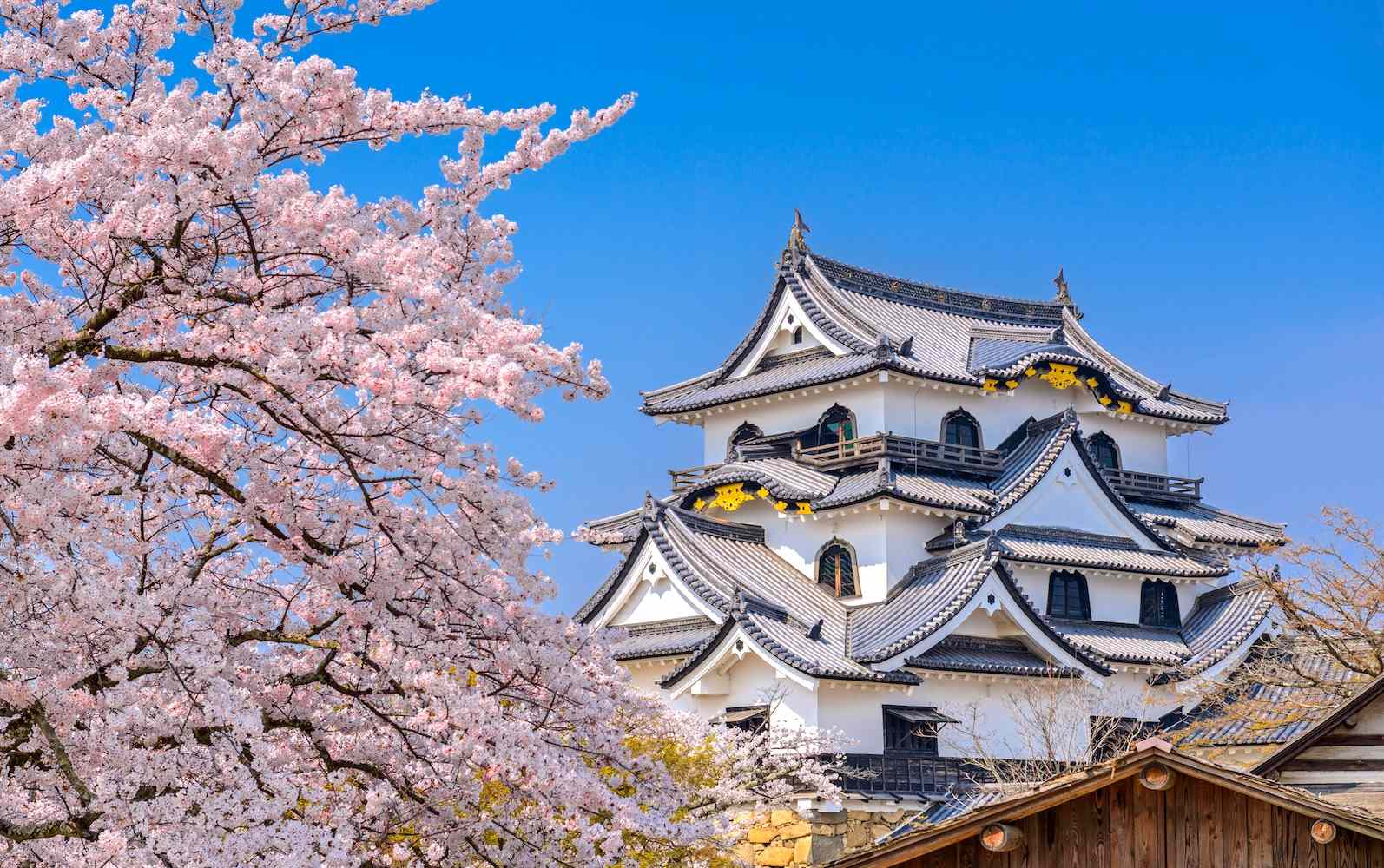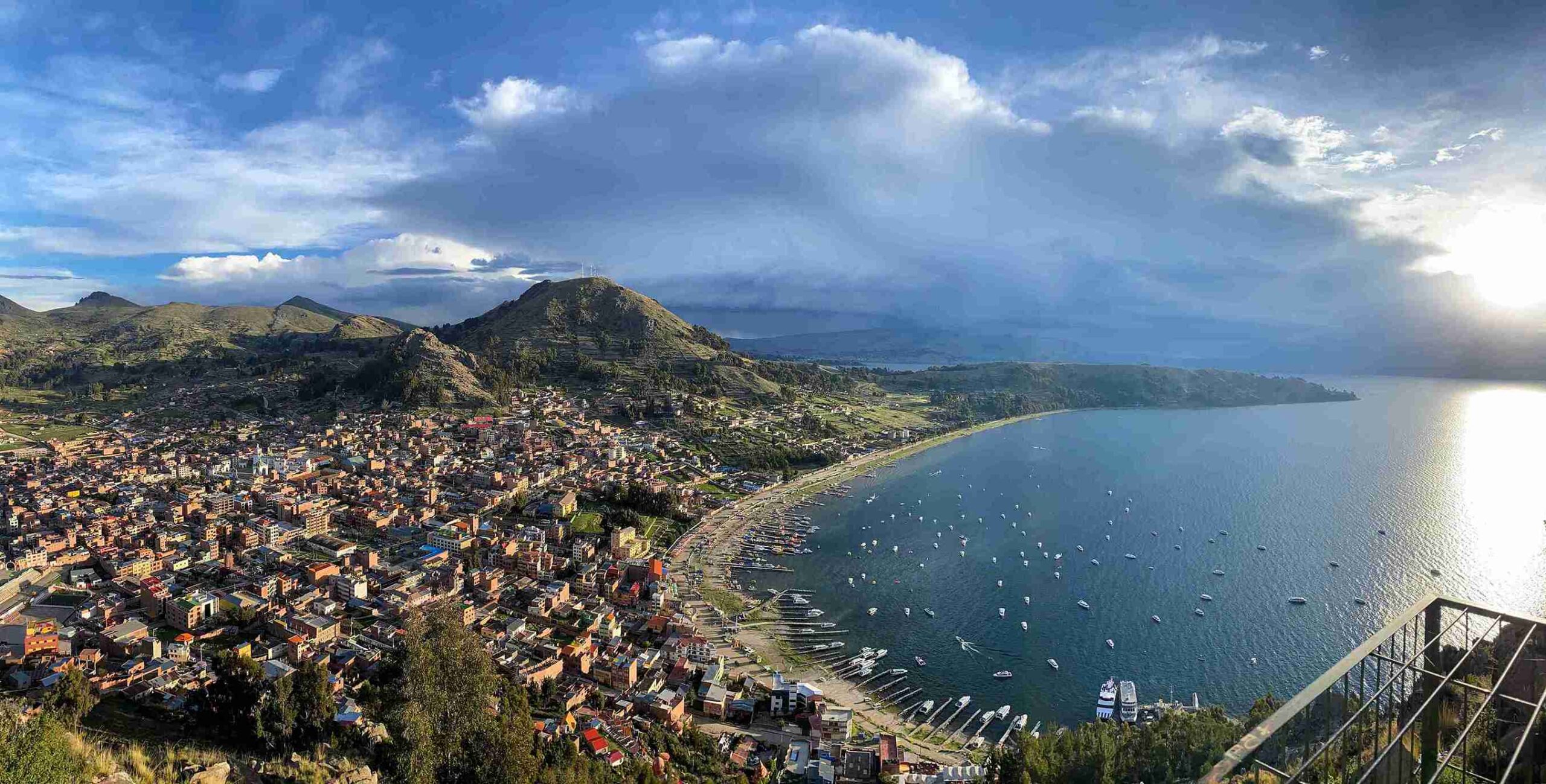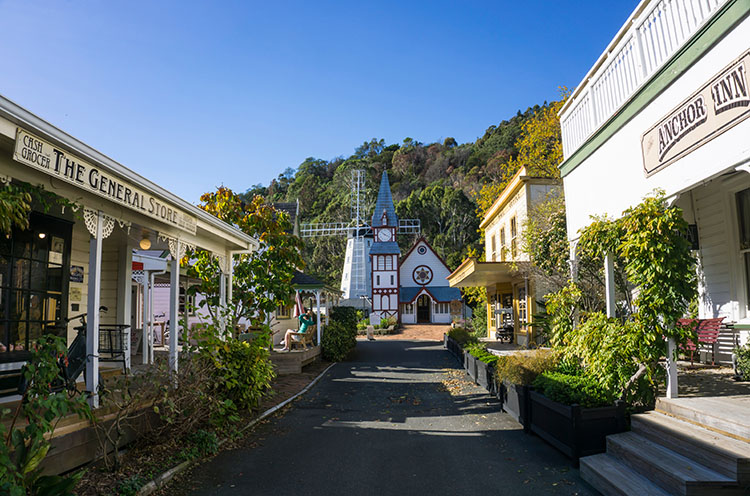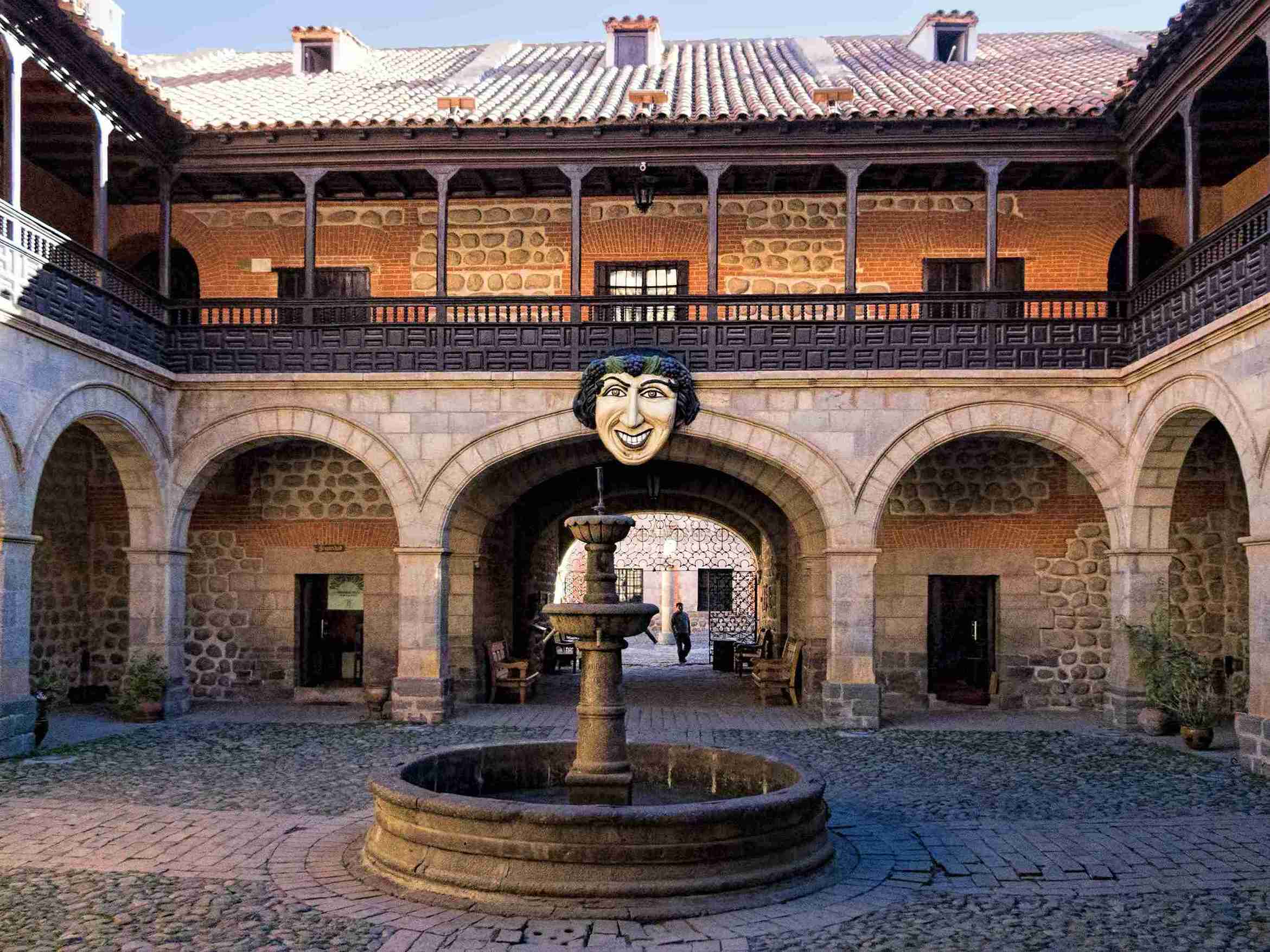Jeonju, South Korea – Travel Tips
Category
Categories
Popular Articles
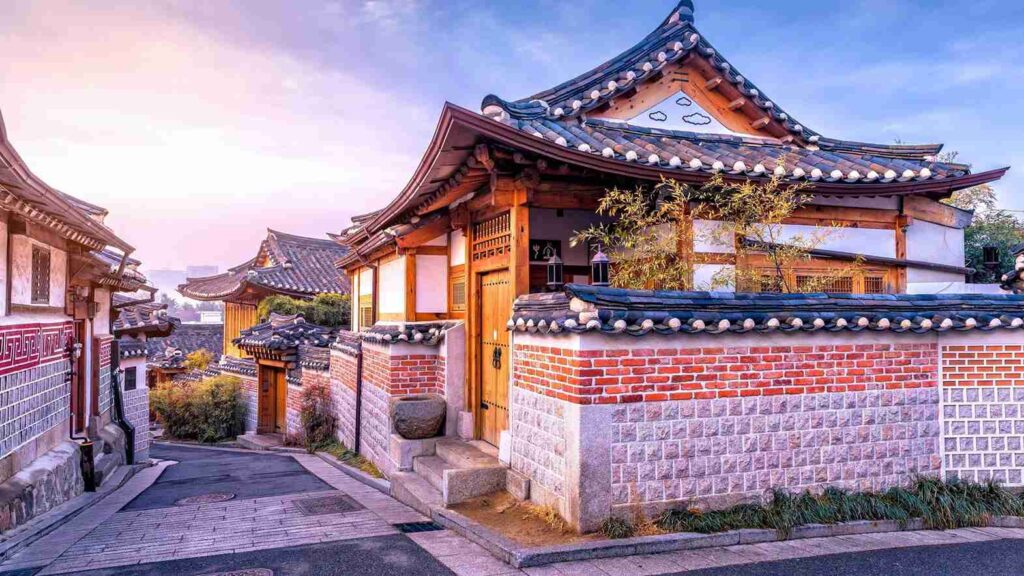
**Overview of the Destination: Jeonju, South Korea**
Jeonju, located in the southwest of South Korea, is a city steeped in vibrant culture, history, and mouthwatering culinary treats. Famous for its traditional Hanok Village, Jeonju offers an authentic glimpse into Korea’s noble past. It’s also renowned as a gastronomy hotspot thanks to being the birthplace of Bibimbap—a must-try Korean dish. Jeonju’s harmonious blend of tradition and modernity make it an intriguing destination worth exploring.
**Best Time to Visit**
The best times to visit Jeonju are during the spring (April-June) and autumn (September-October) seasons when the temperatures are mild, and the landscape is in its full glory. Late spring also hosts the Jeonju International Film Festival—an event worth attending for film buffs. However, off-peak visits during winter could yield benefits such as cheaper accommodations and fewer crowds.
**Climate & What to Pack**
Jeonju experiences four distinct seasons—hot and humid summers, cool and colorful autumns, cold winters, and blossoming springs. You will need warm clothing for winter, light clothes for summer, plus waterproof attire for the monsoon season from June till August. Don’t forget comfortable walking shoes to explore the Hanok Village and beyond!
**Getting There**
The nearest international airport to Jeonju is Incheon International Airport (Seoul). From there, you can take a domestic flight to Gunsan Airport and then a bus to Jeonju. Alternatively, direct KTX (high-speed train) services run from Seoul to Jeonju. Entry requirements vary by country, so be sure to check Korean visa regulations pertinent to your nationality.
**Getting Around Locally**
Jeonju has an extensive public transportation system comprising buses and taxis—it’s also an extremely walkable city, especially around the Hanok Village area. If adventurous, consider renting a bicycle and explore at your own pace.
**Safety Tips**
Jeonju is generally a safe city with a very low crime rate. However, like any other tourist destination, remember to take care of personal belongings in crowded areas. Respect the local culture and avoid entering sacred or restricted areas in traditional outfits provided for hire. Solo travelers should find the city quite welcoming.
**Top Things to Do & See**
Don’t miss the Jeonju Hanok Village, Jeonjuhyanggyo Confucian School, and the Royal Portrait Museum. For nature lovers, Deokjin Park is a must-visit. Local experiences like Hanbok (traditional clothing) wearing or paper making workshops are also recommended.
**Where to Stay**
For a unique experience, consider staying in a Hanok (traditional house) guesthouse in the Hanok Village. Mid-range hotels are mostly found in the city center. Budget travelers have a number of hostels and cheap hotels to choose from.
**Food & Local Cuisine**
Jeonju’s food scene is vibrant and enticing. Be sure to try traditional Bibimbap, Jeonju-style Makgeolli (rice wine), and other Korean treats from various street food stalls. Most dining places do not require tipping.
**Cultural & Practical Tips**
The currency is the Korean won (KRW). Korean is the official language, though English is understood in many tourist areas. Most restaurants and hotels offer free Wi-Fi. Power voltage is 220 volts and the plug type is C and F—bring a converter if necessary.
**Sustainable or Responsible Travel Tips**
Avoid single-use plastics by carrying a reusable water bottle. Respect local norms and customs, especially when visiting sacred and historical sites. Opt for local crafts as souvenirs to support the local economy.
**Personal Travel Tip**
Engage with the locals. Learning a few basic Korean phrases can go a long way in building connections and enhancing your overall travel experience. Enjoy every moment—Jeonju is a city that warrants both leisurely walks and culinary exploration.
